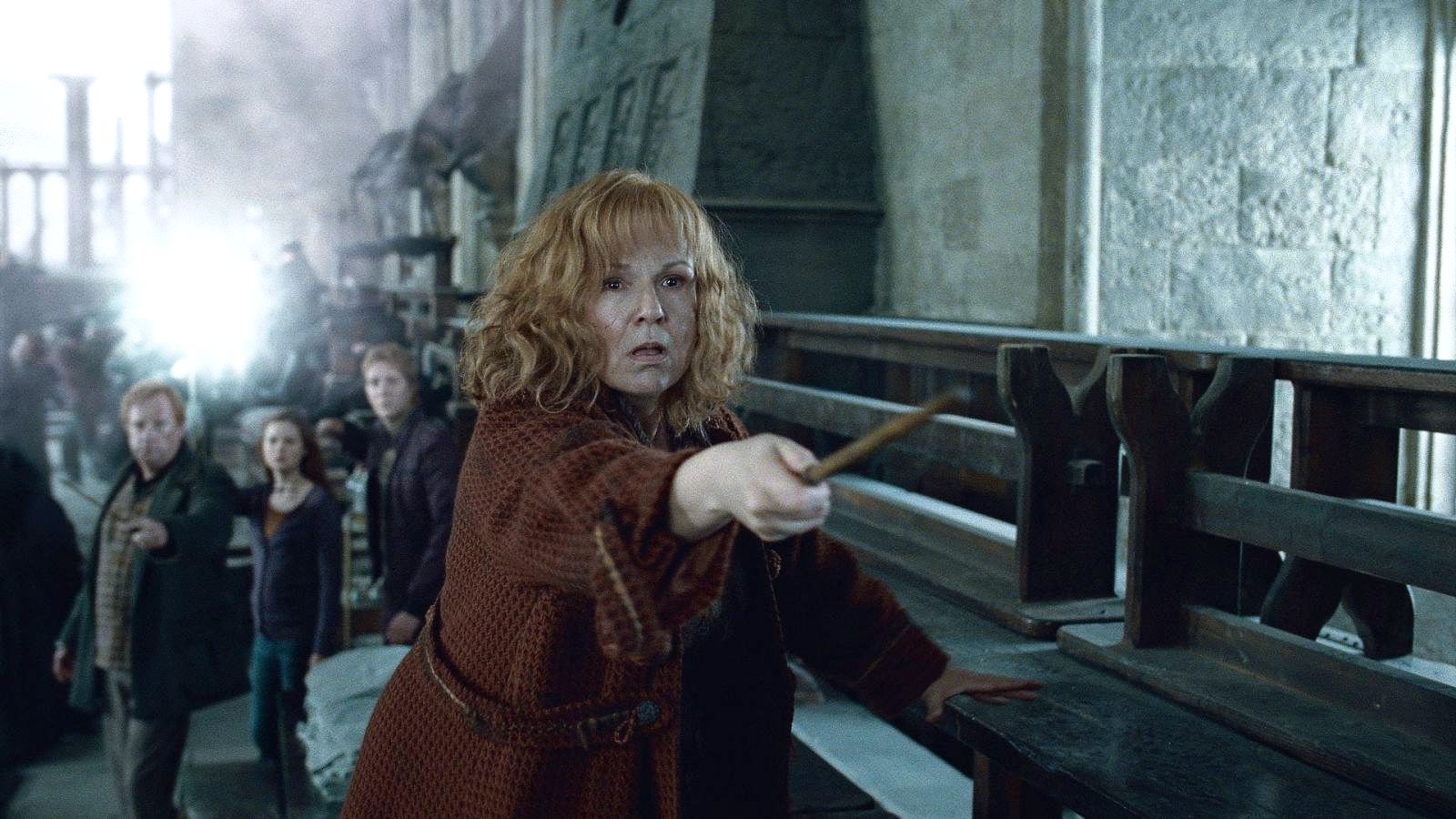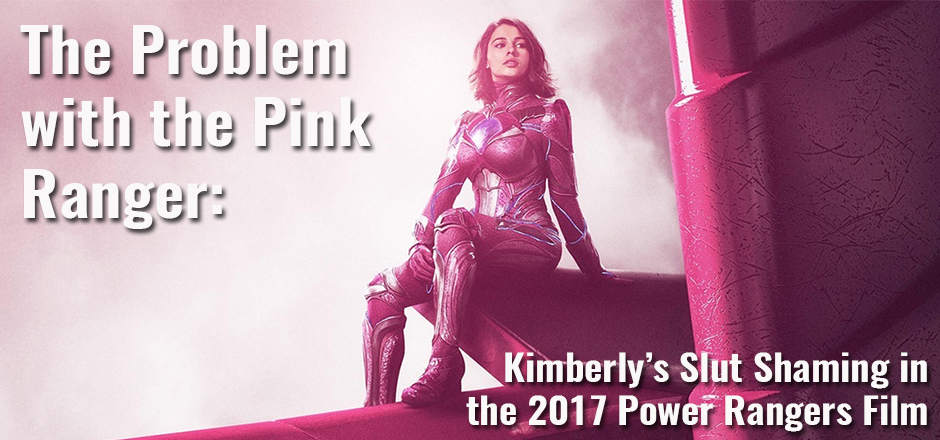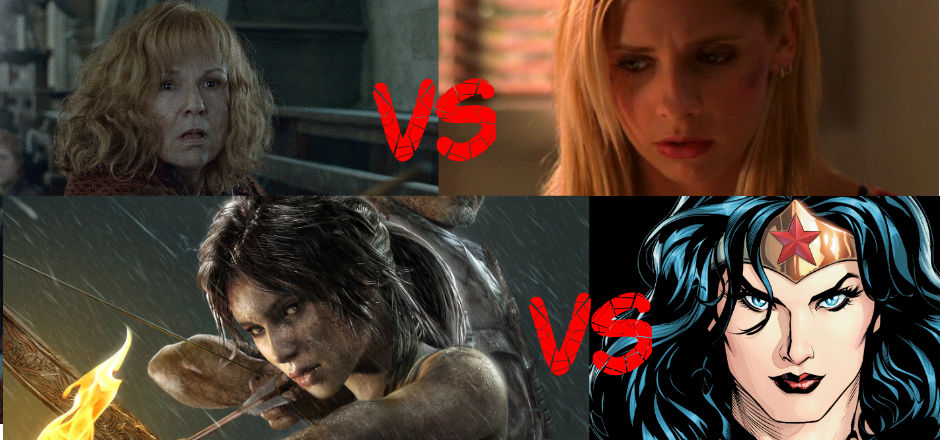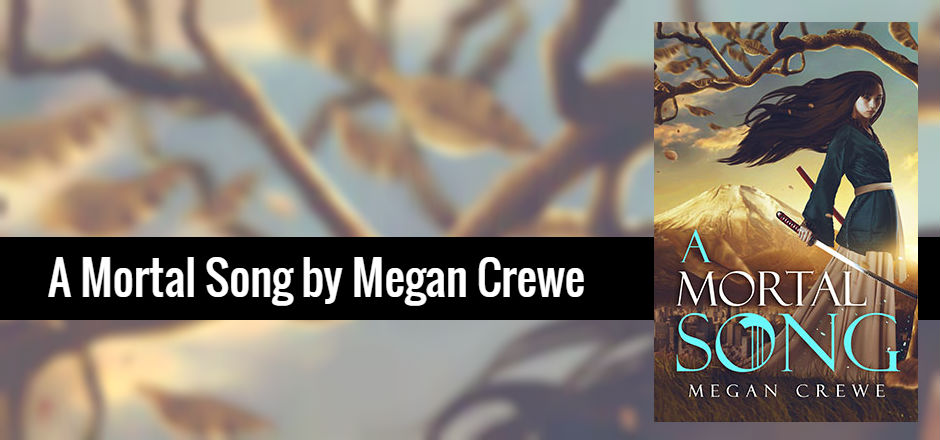Last year, I shared our vision of the Girl, someone still changing who hasn’t yet grown into the woman she will become. But what happens when the Girl isn’t a girl anymore?
When I was a child, I didn’t feel that there were too many women available to look up to. Aside from the women in my own life – I have a strong mother, two strong grandmothers, and practically a stable of strong aunts – I can hardly think of a single female character that interested me before I became a teenager.
Yet as I grow older, I realize there are women in a number of books I loved that the protagonists themselves looked up to, and as I read the books and grew up with the protagonists, I looked up to them, too.
In the Harry Potter series, there are a lot of girls – but there are also a lot of women. It’s easy to see that Harry looks up to Mrs. Weasley: she’s the first motherly figure he’s ever known, since the woman who raised him was so abusive and neglectful it’s frankly shocking Child Protective Services were never called. From the minute he meets her, she treats him as she would one of her own children, affectionately and protectively, and eventually he does become her son – at least, her son-in-law. One of my favorite things about Mrs. Weasley, too, is that she’s a stay-home mother, but because she chooses to do so, not because she can’t do anything else – her showdown with Bellatrix Lestrange is more than proof of that. For her, family is the most important thing, and that’s what Harry so deeply desires.
Lots of writers who talk about strong female characters are under the impression that a strong female character is one who is masculine, tough, and strong. While it’s good for girls to see these types of characters – it’s nice to have options, after all – it’s also incredibly important to show other types of women in roles that contrast but don’t directly oppose the idea of a physically strong heroine. Women are role models, mothers, sisters, teachers – and each character should face femininity in her own way.
When we talk about characters as “strong,” especially female ones, we aren’t talking about turning them into Rambo. We simply look for female characters who take no nonsense and go beyond stereotypes of female characters: the Damsel in Distress, the Femme Fatale, the Siren, the Virgin, and so forth. In real life, women are so much more than damsels and sirens, so why should women in stories be limited like that?
March is Women’s History Month in the United States, and this month, we invite you to join us as we explore women in geek culture and in some of our favorite things.
Feliza Casano founded Girls in Capes in 2013 and serves as editor in chief of the magazine. She writes for all sections of the site, and she’s probably more of a Minerva McGonagall than a Molly Weasley. Follow her on Twitter @FelizaCasano.






